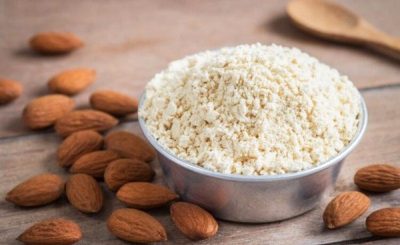What foods contain magnesium?

Magnesium deficiency manifests itself by causing many pains and contractions in the body. You can take precautions with some foods that you should add to your nutrition list, especially as soon as the leg contractions that occur at night start. So, what is magnesium, what does it do? What are the benefits of magnesium? How to detect magnesium deficiency? Which foods contain magnesium? According to experts, foods containing magnesium …
Magnesium; It helps your body absorb and retain calcium to help build and strengthen bones, prevent osteoporosis. It also plays an important role in regulating blood sugar, blood pressure, muscle and nerve functions. Since your body is not good at storing magnesium, you need to make sure you get enough in your diet. Here, Specialist Dietitian Şebnem Kandıralı Yıldırım gave information about foods containing magnesium.
FOODS CONTAINING MAGNESIUM
- Oilseeds (pumpkin seeds, linseed, sesame)
- Nuts (especially almonds, cashews, peanuts)
- Vegetables (chard, zucchini, spinach, mustard greens, broccoli, cucumber, celery, sea vegetables, turnip)
- Legumes (lentils, beans, chickpeas)
- sea products
- Whole grain foods
- Raisins
- Banana
- Rolled oats
- Skinned Potatoes
- Dark chocolate with 70% cocoa
WHAT CAUSES MAGNESIUM DEFICIENCY?
Deficiency is rare, as the kidneys limit the urinary excretion of magnesium. Certain health conditions, chronic alcoholism, and/or use of certain medications can lead to magnesium losses/deficiencies. Early symptoms of magnesium deficiency include loss of appetite, nausea, vomiting, fatigue, and weakness. As the magnesium deficiency worsens, numbness, tingling, muscle contractions and cramps, seizures, personality changes, abnormal heart rhythms, and coronary spasms may occur.
WHAT ARE MAGNESIUM DEFICIENCY SYMPTOMS?
- Hair loss
- restless legs syndrome
- Constipation
- Loss of appetite
- Weakness/fatigue
- Headache and dizziness
- heart palpitations and arrhythmias
- sleep problems










